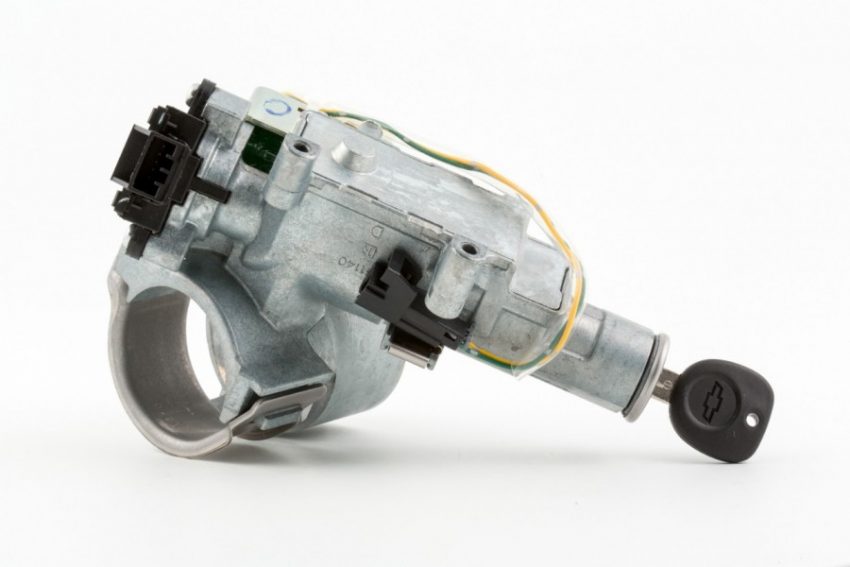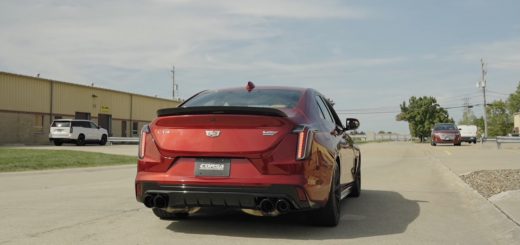General Motors has offered roughly $595 million to surviving families of those who were injured or killed in crashes that were determined to have been caused by defective ignition switches in the automaker’s vehicles. According to the final report of the GM Ignition Compensation Claims Resolution Facility, just a little over 90 percent of those offers were accepted. Led by disaster compensation expert and lawyer Kenneth Feinberg, the fund’s staff reviewed 4,343 claims filed after August 1st, 2014.
Those claims are as follows:
- 473 claims involved fatalities, 124 of which were offered $1 million or more, and all offers were accepted.
- 280 claimants alleged to have suffered life-changing injuries such as loss of limbs or brain damage. The fund’s staff offered payments to 18 of those claimants, 16 of which accepted, one rejected, and another remains outstanding.
- 3,590 claims were for injuries that required hospital or outpatient treatment within 24 hours. The staff offered compensation to 257 of these claimants, 221 of which accepted and 36 rejected.
According to the Detroit Free Press, the fund did not consider victims’ own actions in operating the vehicles given there was evidence that the ignition switches malfunctioned. The questionable cases break down as follows:
- In 55 of the fatal accidents, the victim did not wear a seat belt.
- In 57 cases, the cars were moving well above the speed limits.
- In 32 accidents, drivers were operating under the influence of alcohol or drugs.
- Four drivers had fallen asleep and three were cited for reckless driving.
In all those cases, victims’ families were offered payments of at least $1 million.
The defective ignition switches were built in the middle of the last decade and are no longer in production. The defect was exemplified by the ability of the key to be unintentionally nudged from the “on” to the “accessory” position. Doing so cut electrical power to the vehicle’s steering, air bags, and other electrical components. The switches were used in roughly 2.6 million vehicles built for the 2003-2007 model years. The majority of the vehicles affected were Chevrolet Cobalts and Saturn Ions; other, less popular models to also use the ignition switch, included the Pontiac G5, Saturn Sky, and Pontiac Solstice.
“We faced the ignition switch issue with integrity, dignity and a clear determination to do the right thing both in the short and long term”, said GM in a statement. “It was fair, compassionate, generous and non-adversarial.”
In September, GM agreed to pay $900 million to settle a federal criminal probe into the way in which it handled the process leading up to the process. As a result, GM took a $575 million charge against its third quarter 2015 earnings. The automaker has also settled roughly 1,380 civil lawsuits originating from a record number of vehicle recalls last year, including the ignition switch problem. And in 2014, GM paid a fine totaling $35 million to the National Highway Traffic Safety Administration — the maximum the organization can impose for companies that fail to report safety critical defects in a timely manner.
Internally, General Motors CEO Mary Barra fired 15 employees, including attorneys and engineer Ray DeGiorgio, who told federal investigators he didn’t change the ignition-switch design despite e-mails between him and employees of the manufacturer of the switch, Delphi, showing the part had been, in fact, changed after the 2007 model year.















No Comments yet